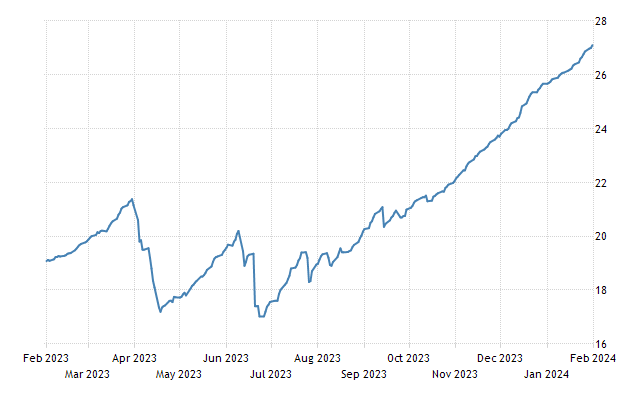Economist Natasha Mwinji has emphasised the importance of understanding exchange rate dynamics for ensuring Zambia’s economic stability. In a statement provided to Flava News, Ms. Mwinji highlighted the nuanced effects of a weaker Kwacha, underlining the need for a balanced approach to address long-term implications on inflation, debt servicing, and purchasing power.
Ms. Mwinji has underscored the significant role of exchange rates in shaping the economic landscape, particularly for export-oriented industries in Zambia. While a weaker Kwacha may initially benefit these industries, she cautioned against overlooking its potential impact on inflation and debt servicing, urging for a careful consideration of these factors to foster resilience and sustainable growth.
The economist identified global commodity prices, particularly copper, as a key factor influencing Zambia’s exchange rate dynamics. Given Zambia’s reliance on copper exports, fluctuations in global commodity prices can directly impact the Kwacha, with a decline often resulting in depreciation.
Ms. Mwinji also highlighted the role of inflation differentials between Zambia and its trading partners in attracting foreign investment. Lower inflation compared to counterparts can potentially strengthen the Kwacha by attracting foreign investment, contributing to a trade surplus and making Zambian exports more competitive.
However, Ms. Mwinji cautioned that while a consistently weak Kwacha may initially lead to a trade surplus, increased import costs could offset export gains, potentially leading to trade imbalances.


1 Comment